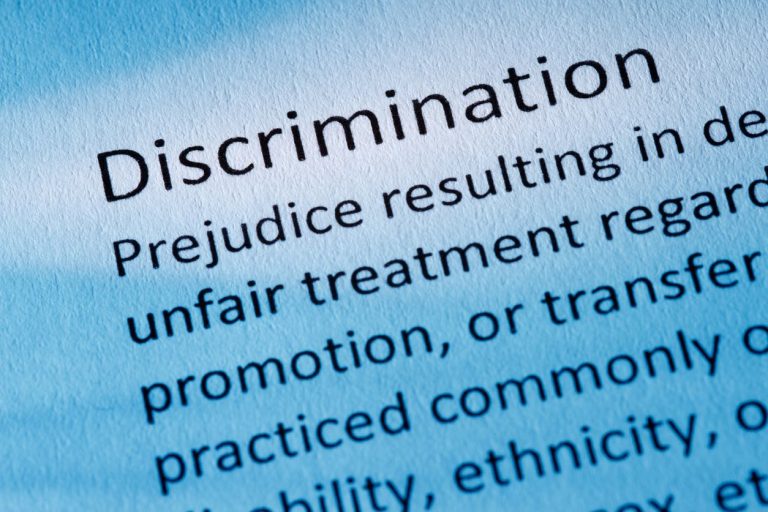No. The disclosure is still protected and the core issues will be whether the employer would have taken an adverse employment action against the employee in the absence of the protected disclosure. The DOL Solicitor’s Brief in DeFrancesco v. Union Railroad Company explains how to perform that analysis in FRSA retaliation cases:
“[T]he analysis of the employer’s affirmative defense under FRSA should focus on evidence demonstrating whether the employer would have disciplined the employee had it learned of identical conduct where the employee was not hurt, but where the conduct was unsafe. Such an analysis elucidates the employer’s motivation, which is the critical subject of inquiry in retaliation cases: Was the employer motivated by the protected conduct, or by the legitimate safety concerns raised by a workplace incident? This approach properly guards against selective enforcement of workplace safety rules against only those employees injured on the job and the resulting chilling effect on the reporting of workplace injuries, while ensuring that employers are free to make and enforce appropriate workplace safety rules.
. . . These cases focus on whether any conduct apart from the protected activity would have independently motivated the railroad’s decision, looking closely at factors that might cast doubt on the veracity of the employer’s professed explanation. See, e.g., Araujo, 708 F.3d at 163 (noting that whether or not Araujo violated the cited safety rule shed no light on whether railroad’s decision to file disciplinary charges was retaliatory where Araujo argued rule had been selectively enforced against him); Vernace v. Port Auth. Trans-Hudson Corp., ALJ No. 2010-FRS-00018, slip op. at 28 (OALJ Sept. 23, 2011), aff’d, ARB No. 12-003, 2012 WL 6849446 (ARB Dec. 21, 2012) (finding employer failed to make out affirmative defense based in part on complainant’s having followed employees’ typical practice); Anderson v. AMTRAK, slip op. at 8-9, 22-23 (finding that shoddy conduct of investigation suggested it was pretextual, thereby casting doubt on whether employer’s explanation for its adverse action would have genuinely motivated the employee’s termination absent the injury report); see also Russell, 76 M.S.P.R. at 324-26 (noting in retaliatory investigation case that MSPB would examine the following factors to determine whether Agency made out its affirmative defense: “The strength of the agency’s evidence in support of its personnel action; the existence and strength of any motive to retaliate on the part of the agency officials who were involved in the decision; and any evidence that the agency takes similar actions against employees who are not whistleblowers but who are otherwise similarly situated”).








